
Serbia’s Lies About UN Srebrenica Resolution are All About Power
Balkan Transitional Justice Author: Sofija Todorovic In portraying a draft UN resolution on the 1995 Srebrenica genocide as an unprecedented...

Balkan Transitional Justice Author: Sofija Todorovic In portraying a draft UN resolution on the 1995 Srebrenica genocide as an unprecedented...

17 May 2024, Belgrade, Zagreb, Sarajevo, Podgorica, Skopje and Pristina The RECOM Reconciliation Network (RMP) calls on the Government...
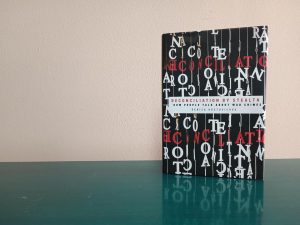
In Reconciliation by Stealth: How People Talk about War Crimes, Denisa Kostovicova considers how best to achieve reconciliation in post-conflict...
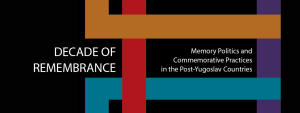
As part of the RECOM Reconciliation Network project, the Humanitarian Law Center is organising a debate on memory politics and...

Book review: Denisa Kostovicova, Reconciliation by Stealth: How People Talk about War Crimes, Cornell University Press, 2023. Jasna Dragović –...
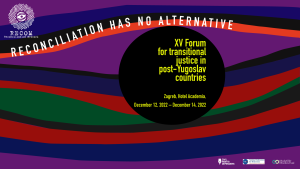
RECOM Reconciliation Network organizes XV Forum for transitional justice in post-Yugoslav countries. The Forum programme will be available online, via...
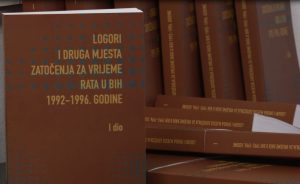
Before you is a book from the series of publications on detention sites in Bosnia and Herzegovina, between early 1992...
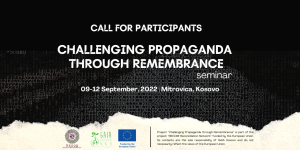
About the Project This seminar is part of a project also named “Challenging Propaganda through Remembrance”. The purpose of this...
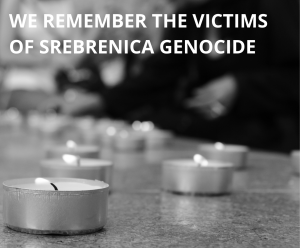
This Monday, on 11 July 2022, the Youth Initiative for Human Rights, the Humanitarian Law Center and the RECOM Reconciliation...
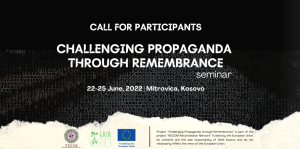
About the Project This seminar is part of a project also named “Challenging Propaganda through Remembrance”. The purpose of...
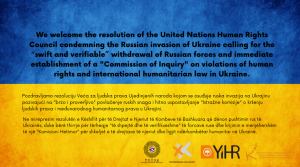
We welcome the resolution of the United Nations Human Rights Council condemning the Russian invasion of Ukraine calling for the...
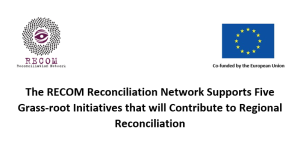
Within the sub-granting programme “Supporting Grass-root Civil Society Actors in Transitional Justice Initiatives and Confidence-building in the Western Balkans –...







This website was created and maintained with the financial support of the European Union. Its contents are the sole responsibility of the RECOM Reconciliation Network and do not necessarily reflect the views of the European Union.